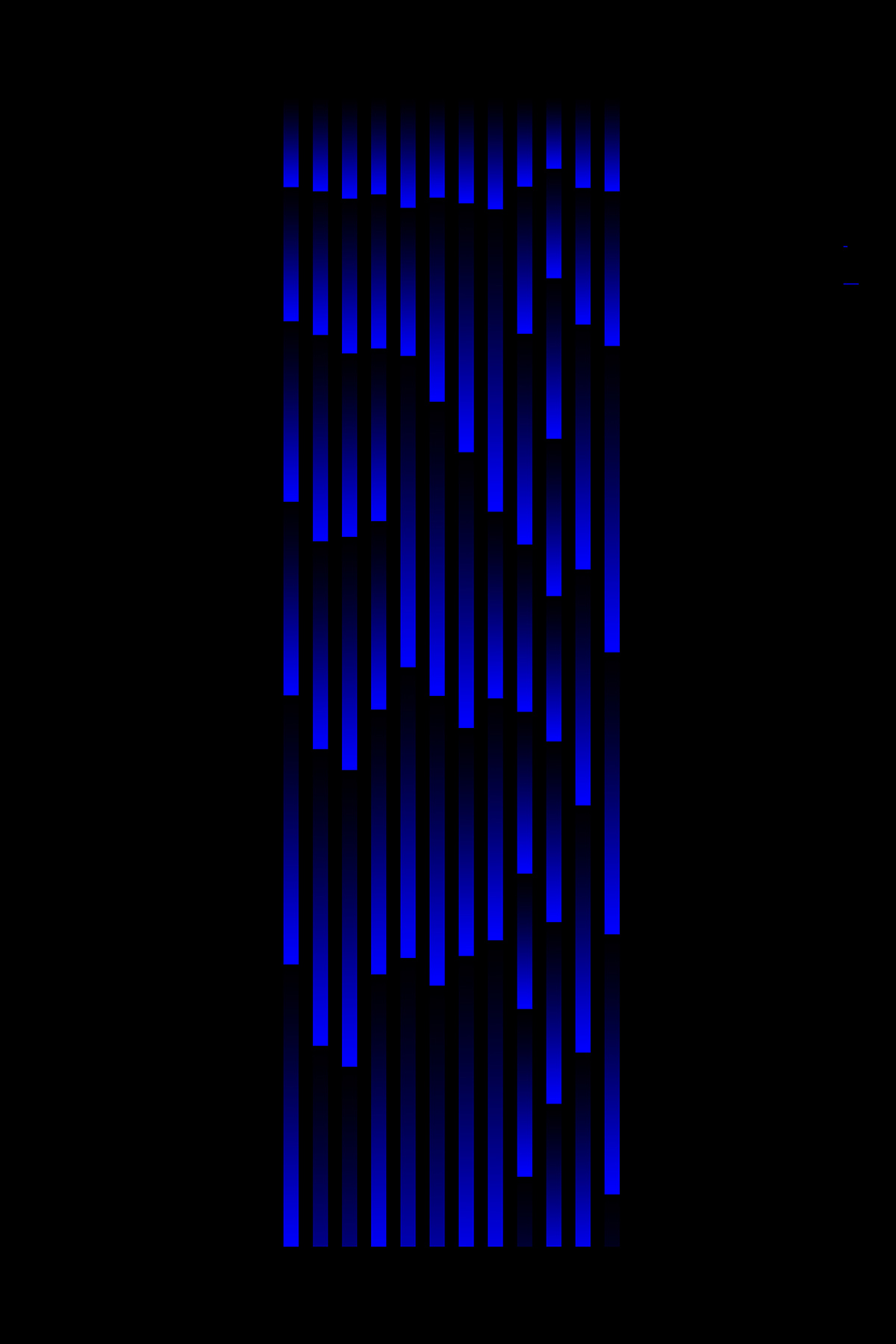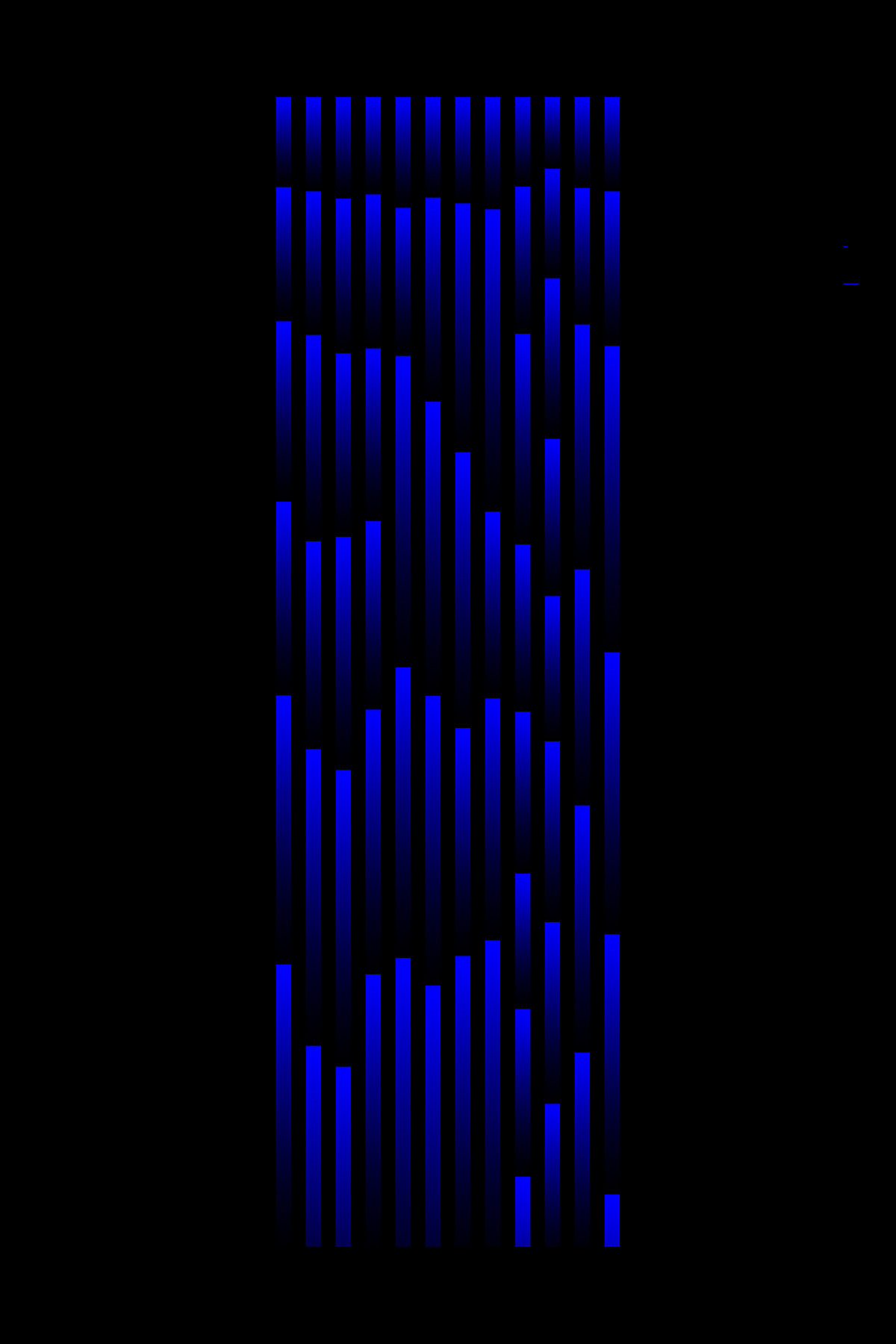

Uneven Echo
Altered Echo
Every translation is an alteration.
The idea that words have their perfect counterpart in other langages is an illusion. This series focuses on how indo-european altered itself while spreading slowly across nearly one third of the world.
Writing down langages and defining a proper meaning for each sound might have been one of the most precious inventions our civilisation saw.
But at the same time it killed something. Something that came right from the essence of languages: its organic and random freedom of changing and reinventing itself all the time, depending on the accent of each village, the lack of bishop in others.
The writing therefore froze our languages suddenly. The timing had not been prepared in any way. The incredible, chaotic, laborious journey of spoken languages creativity had come to an end. The elasticity was to be replaced with norma. The regional accents melted in front of spelling.
How many dialects did you kill writing? How many specific village traditions did you melt together into a large regional culture soup?
Slang rules / Language is Pop culture.
Indo-European linguistic reconstruction
Indo-European languages are a collection of languages spoken from Europe to Western Asia that seem to share genealogical relationships.
The gripping linguistic theory behind it is called the Proto-Indo-European. It explains how these languages could come from a common initial dialect spoken during the Neolithic era.
Numbers in Letters
I am very enthusiast about linguistic reconstruction. It's part of my permanent state of mind.
Comparing how numbers are pronounced and written throughout Indo-European languages is a great way of detecting how Proto-Indo-European morphed into our languages. I like considering numbers as a compact rosetta stone.